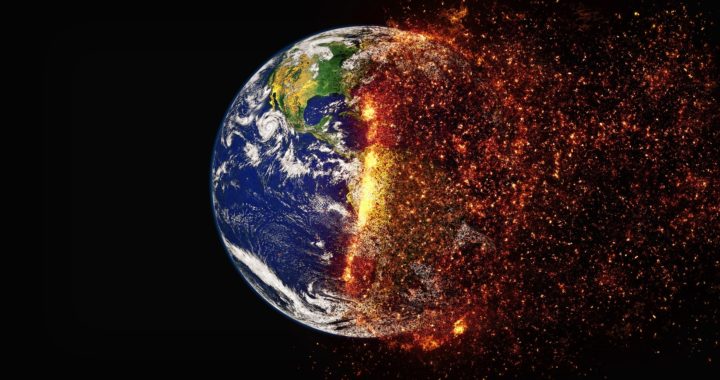With each passing day, there seems to be another news story that bemoans the damage caused by climate change only to point the finger of blame squarely at the oil and gas industry. Economist Mark Jaccard, however, feels that anti-fracking activists’ may be operating under several mistaken assumptions regarding the role of oil and gas in climate change.
Jaccard is one of a growing number of experts examining the broader impact of oil and gas around the globe. What they’ve uncovered may challenge the foundation of your climate change beliefs. Here are just a handful of the oil and gas myths that people believe to be fact.
Peak Oil Isn’t a Thing
Within the industry, the concept of peak oil has been out of fashion for several years. Anti-energy activists, on the other hand, still like to stoke fears behind the belief that we could run out of oil. This isn’t true.
New methods for drilling plus several recent discoveries of oil patches around the world mean that the planet isn’t going to find itself scrambling to find more oil and natural gas any time soon.
Renewables Are Cheaper than Oil and Gas
A large portion of the population operates under the impression that renewable energy, like solar and wind power, is cheaper to produce. If this were the case, Jaccard argues that developing nations hoping to bolster their energy infrastructure on a shoestring budget would naturally gravitate toward renewables. This hasn’t happened.
The only places where renewables have taken hold are those nations that enforce a carbon tax or increased oil and gas regulations.
Oil and Gas Is the Reason So Much Methane Is in the Atmosphere
Today, most scientists pinpoint methane as the gas most responsible for methane. Anti-energy activists take that point and draw a direct line to the methane emitted at oil and gas scientists. They argue that the tide of climate change could be stopped if oil and gas production was banned. As in, no more energy, no more methane.
The truth is that worldwide, oil and gas methane emissions account for about a quarter of the Earth’s methane problem. What’s more, that number has dropped over the last decade, even as oil and gas have expanded production. The biggest single producer of methane in the world is animal agriculture. The bacteria in a cow’s stomach is a constant producer of methane. Every time a cow burps or passes waste, they contribute methane to the environment.
When all is said and done, animal agriculture contributes 40 percent of the world’s methane.

